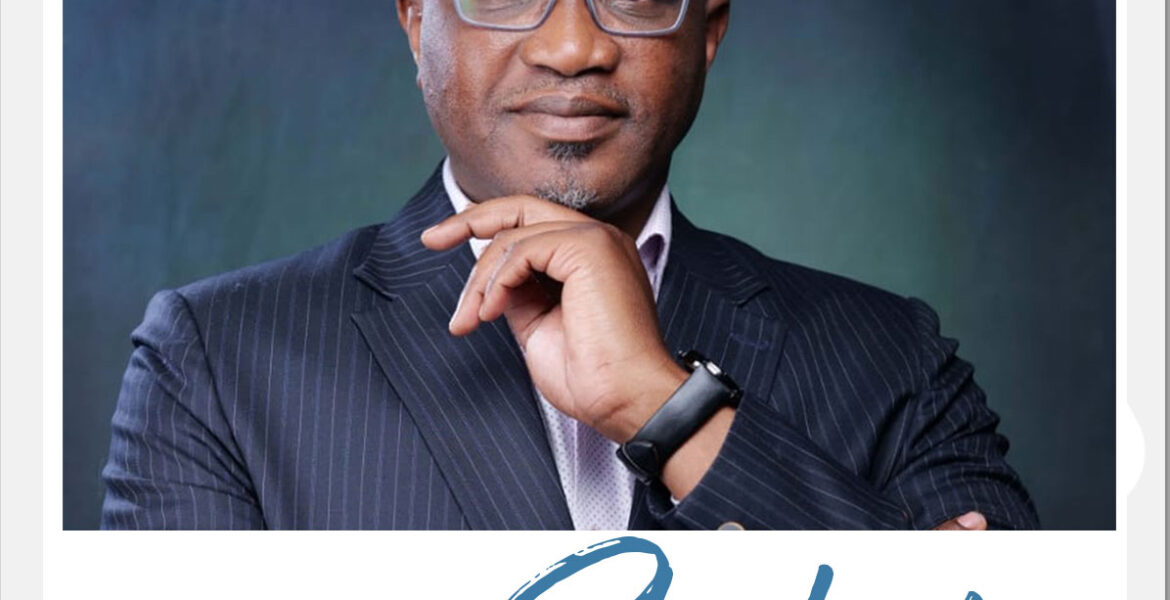Are African institutions of higher learning ready to deliver green industry jobs for green economies? O’BRIAN M’KALI* discusses the question
This compelling question is not only limited to issues of the higher education curricula but also addresses broader impact areas in higher education that include the institutionalisation of the green economy in policy, research and research management structures.
Against the backdrop of this concern, an in-depth understanding of the green economy concept and the manner in which it links to existing paradigms like sustainable development as well as higher education private-public partnerships (PPPs) is explored in this instalment.
The die is cast
As many readers may be aware, no single story has yet to tell the story of climate change or its effects, yet the die is cast for the world to apply green economy as a framework for achieving sustainable development, eradicate poverty and inequality and create jobs.
This reality has dawned following recent consensus on green economy by global leaders in Cairo, Egypt at the COP 27 conference.
Green Economy Educational Interventions in Africa and Skills Gaps
In this article, I will explore emerging initiatives at higher education regarding green economy in the context of sustainable development and poverty eradication, green jobs and green skills are explored, although not exhaustively, to show what progress has been made in this regard. For example, UNESCO held a seminar on Climate Change Education for Sustainable Development in Africa in Mauritius in 2013. According to UNESCO (2013:1-3), some key recommendations from that seminar on climate change education are as follows:
- Using the concept of Education for Sustainable Development (ESD) as a common framework for climate change education (CCE).
- Integrating CCE into teaching and learning at all levels and in all areas of education (formal, non-formal, informal) and throughout life.
- Linking the global and local perspective.
- Addressing climate change adaptation but also mitigation through African education systems.
- Taking into account the complexity and interdisciplinary nature of CCE.
- Considering the integration of values which support the ethical and spiritual appreciation of the environment as an integral part of CCE.
- Learning from and respecting different knowledge sources such as local and indigenous knowledge.
- Encouraging the development of pedagogies that support interactive participatory and future oriented learning for CCE.
- Advocating for CCE in Africa in international mechanisms and processes.
- Stressing the importance of national policy support and policy development for CCE.
- Including CCE competencies and skills into assessment frameworks.
- Engaging with youth in CC actions, discussions and peer to peer learning.
- Developing group specific education and outreach programmes.
- Integrating skills development for green jobs and employment in Technical and Vocational Education and Training (TVET) institutions and support sustainable livelihoods.
- Developing, sharing, disseminating and up-scaling good practices as a means to promote CCE regionally.
- Developing indicators and monitoring tools and frameworks to measure the impact of CCE programmes, activities and projects.
- Promoting the inclusion of CCE into international funding mechanisms.
Green learning pathways to achieve Climate Change Education for Sustainable Development in Africa
In Southern African, a benchmark that is often cited is South Africa. The country is viewed as intentionally driving green economy research via a system of interconnected research institutions that work closely with universities and also feed knowledge into TVET systems.
The country finances a number of higher education related research councils and institutes enacted through Acts of Parliament including: the Council for Scientific and Industrial Research (CSIR), the Africa Institute of South Africa (AISA), the Medical Research Council (MRC), the Human Sciences Research Council (HSRC), the National Research Foundation (NRF), the Agricultural Research Council (ARC), the Water Research Commission (WRC), and the South Africa Institute of International Affairs (SAIIA).
It comes as no surprise that South Africa is ranked highly on the continent (coming in second place after Mauritius) in terms of innovation development (although not all of this is oriented towards the green economy). The country compares favourably with its emerging economies trading block partners of Brazil, Russia, India and China that is commonly abbreviated as BRICS.
Green Skills in the Green Economy
As business leaders increasingly recognise the importance of sustainable development to their companies’ futures, the greatest barrier they encounter is the shortage of a workforce with knowledge and training in sustainability. Higher education has a critical role to play by providing the programmes and curriculum content that graduates need to help align the goals and actions of business with the values and practices of sustainability.
Conclusion
Unfortunately, not many institutions of higher learning on the continent of Africa are offering specialisation in these fields. Therefore, huge skills gaps exist for green industries jobs like energy technicians, waste recycling specialists, wind turbine technicians, biofuels, carbon markets specialists, green economy strategists, solar technicians, smart grid technicians, and cross-sector adaptation specialists.
The United Nations (2011) proposes a conceptual framework for assessing progress towards a green economy which also provides insight into the scope of knowledge and skills required for the green economy by putting indicators into three major thematic groups: green investments, jobs and sectors, decoupling impacts and resource efficiency, and aggregate indicators of progress and well-being.
*O’Brian M’Kali (PhD, MBA, MSc, M.Ed.) is an expert in enterprise development, innovation, SMME development, policy development, capacity building, monitoring & evaluation and turnaround strategy. He lectures at Botho University. Among others, he is a 2022 recipient the Wadhwani Foundation’s Gold Award at the Start Me Up Global Facilitation Ceremony. He can be contacted on 71860308 (WhatsApp).

